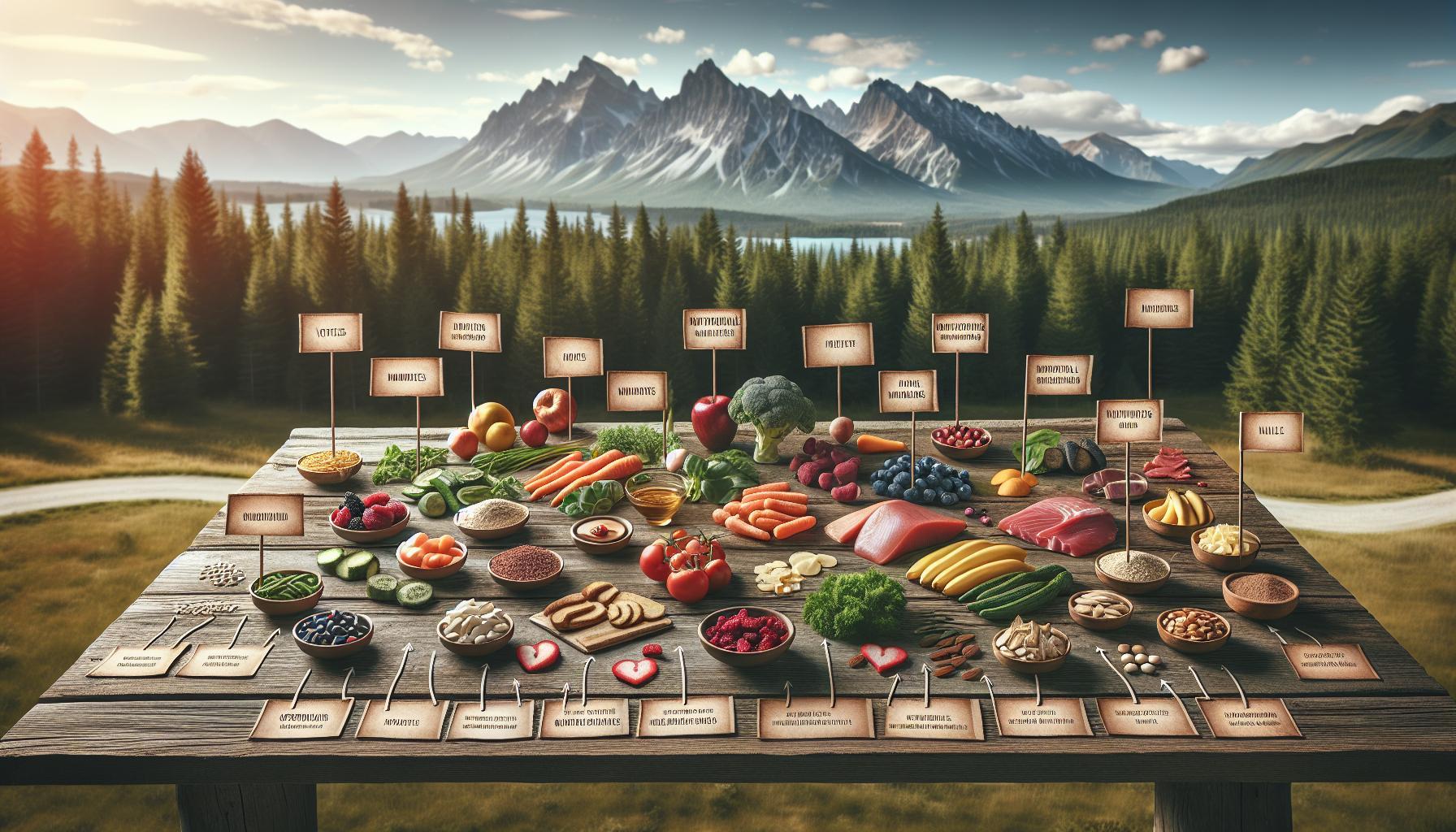As individuals navigating through the maze of contemporary lifestyles, perhaps more common to dense urban centers, it’s easy to forget how individuals in remote and isolated locations manage their dietary needs. However, when contemplating the nuances of food insecurity, it becomes paramount to address the “Nutritional Needs for Remote Area Residents.” Issues like sustaining nutrients in non-perishable foods, accomplishing Food Security in Remote Locations, or maintaining a nutritional balance through innovative solutions like sustainable gardening make for important discussions in these regions.
This blog post seeks to delve deeper into the unique challenges, potential solutions, and blossoming opportunities regarding nutritional needs in isolated locations. Whether you are an individual keen on understanding rural lifestyle challenges, or someone looking for research on the subject, we hope this will be a helpful guide in understanding the nutritional landscape for residents in remote areas.
Creating a Nutritionally-Balanced Food Pantry
Remote area residents need to pay extra attention to optimizing their meal planning. Essential non-perishable items like whole grain cereals, tinned proteins, and dry beans and lentils are nutritionally rich and have long shelf lives.
Preserving Nutritional Values in Long-lasting Foods
Proper storage significantly influences the preservation of nutrients in long-lasting foods. Ensuring they remain at a controlled, cool temperature without excessive exposure to light enhances their nutritive longevity.
Cultivating Nutrition through Sustainable Gardening
For remote area residents, gardening is an excellent solution for supplementing dietary needs, providing fresh, nutritious produce.
Implementing Sustainable Practices in Remote Gardening
Encouraging methods like composting, mulching, and utilizing native plants can significantly enhance the quality of produce, thus meeting some of the nutritional needs of remote area residents.
Overcoming Logistical Challenges
Transporting fresh produce in remote areas is a logistical challenge that might jeopardize nutrients.
Innovative Methods for Food Transportation
Novel approaches like drone deliveries and refrigerated transport can be effective in reducing food wastage and preserving the nutritive value of fresh produce.
Enhancing Food Security in Remote Locations
Food security is not merely about availability, but also consistent access to healthy and nutritious food.
Empowering Communities towards Food Sovereignty
Activities like community farming can help assert food sovereignty, mitigate the effects of food insecurity, and cater to the nutritional needs of remote area residents.
Nourishing through Education
Empowerment through education can enhance the knowledge and skills of individuals or communities in ensuring their nutritional needs are met.
The Impact of Nutritional Education
Be it understanding food labels or tips on preserving nutrient value in meals, education plays a significant role in addressing the nutritional needs of remote area residents.
Supporting Mental Health Through Nutrition
The effects of malnutrition extend beyond physical health, impacting mental wellbeing too.
The Role of Balanced Diets in Mental Health
Ensuring a balanced intake of macro and micronutrients can support cognitive functions and overall mental health.
Conclusion
From understanding the importance of sustaining nutrients in non-perishable foods, learning to cultivate fresh produce through sustainable gardening, overcoming logistics’ complexities to meet the nutritional needs of remote area residents and empowering communities through education, this blog post has explored the core areas to address when thinking about nutrition in isolated locations. Each aspect contributes significantly toward the holistic development of these communities.
Frequently Asked Questions
What foods are high in nutrients but have a long shelf life?
Foods like dried beans and lentils, whole grain cereals, nuts, and seeds are nutrient-dense and have an extended shelf life.
How can people in remote areas successfully grow their food?
Through sustainable gardening techniques such as composting, mulching, using native plants, and avoiding harmful pesticides.
Why is food security important in remote areas?
Food security ensures consistent access to fresh, nutritious food, promoting physical health and mental wellbeing.
How does nutritional education benefit people in remote areas?
Nutritional education provides the knowledge to make informed dietary decisions, manage resources effectively, and maximise nutrient intake from available food.
How does a balanced diet contribute to mental health in remote areas?
A well-balanced diet provides essential nutrients like Omega-3s, B-vitamins, etc., which play a vital role in maintaining good mental health.










